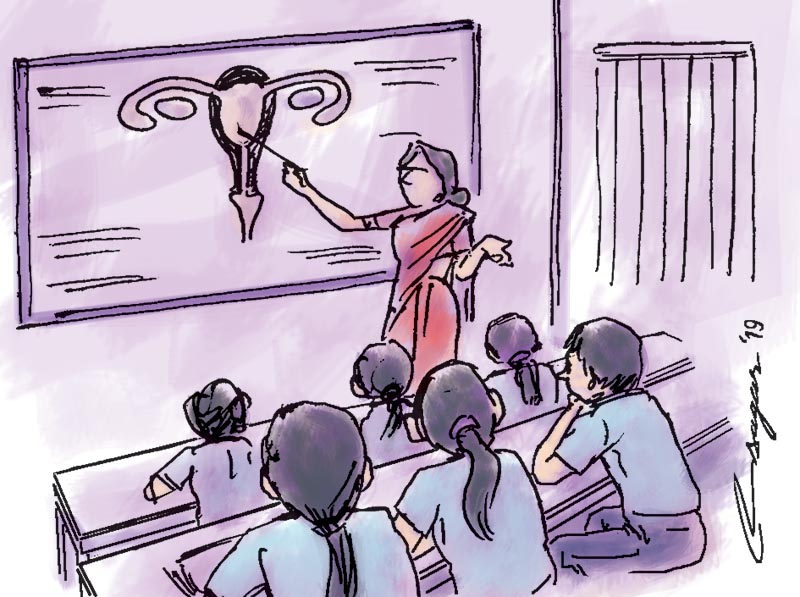“The ideal way to go about sexual problems is to consult a urologist or a gynaecologist, who are qualified doctors,” said Professor Santosh Kumar, Department of Urology, PGI. Prof Kumar was speaking at the awareness programme held on Sunday to mark World Sexual Health Day.
According to the statistics, India is now becoming the impotence capital of the world at an alarming pace, it was stated. According to research, 35 per cent of men before the age of 40 face sexual problems at some stage.
World Health Organization (WHO) observes this day every year on September 4 to create awareness about sexual well-being of people. Prof Kumar stressed that without falling into the trap of quacks often claiming to be sexologists, a male patient should approach a urologist while a female should consult a gynecologist for sex-related problems. While sexologists deal with problems emerging from behaviours, interactions, psychologies and experiences, it is advisable to go consult a medical practitioner for the biological problems related to sexual health.

Prof Kumar, said that a patient generally faces three types of sexual problems – dysfunction, sexually transmitted diseases (STDs) and reproductive health cases.
“The surprising fact is that 42 per cent of the men look for cheap treatment options other than medicines prescribed by doctors, which prove to be detrimental for them,” he said.
Prof Kumar said there is a lot of confusion about impotence, as 75 per cent of men and 66 per cent of women consider their age as a major reason for it.
“Statistics show that 28 per cent of women get separated from their partner because of this factor. Risk factors for impotence include sedentary lifestyle, smoking, age, obesity, excessive drug use, and stress” he said.Prof Kumar suggested that patients with impotence or erectile dysfunction, who do not respond to medicines can be successfully treated through penile implant surgery which is effective as well as safe.

